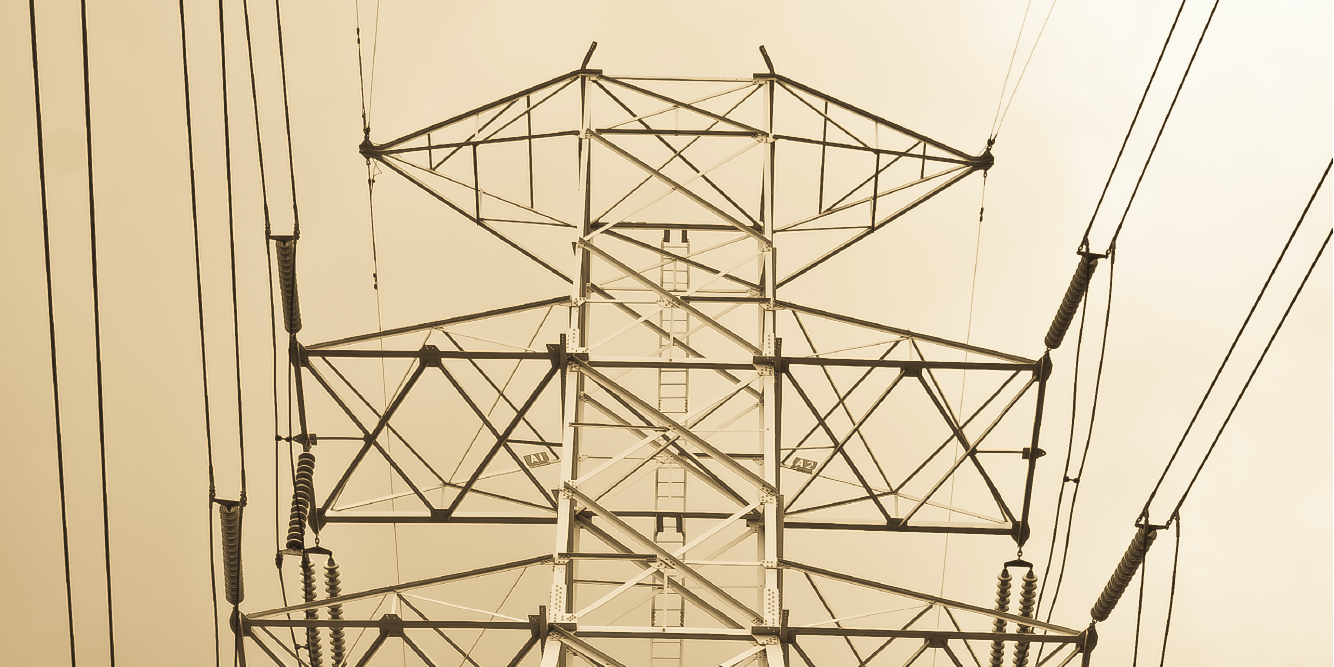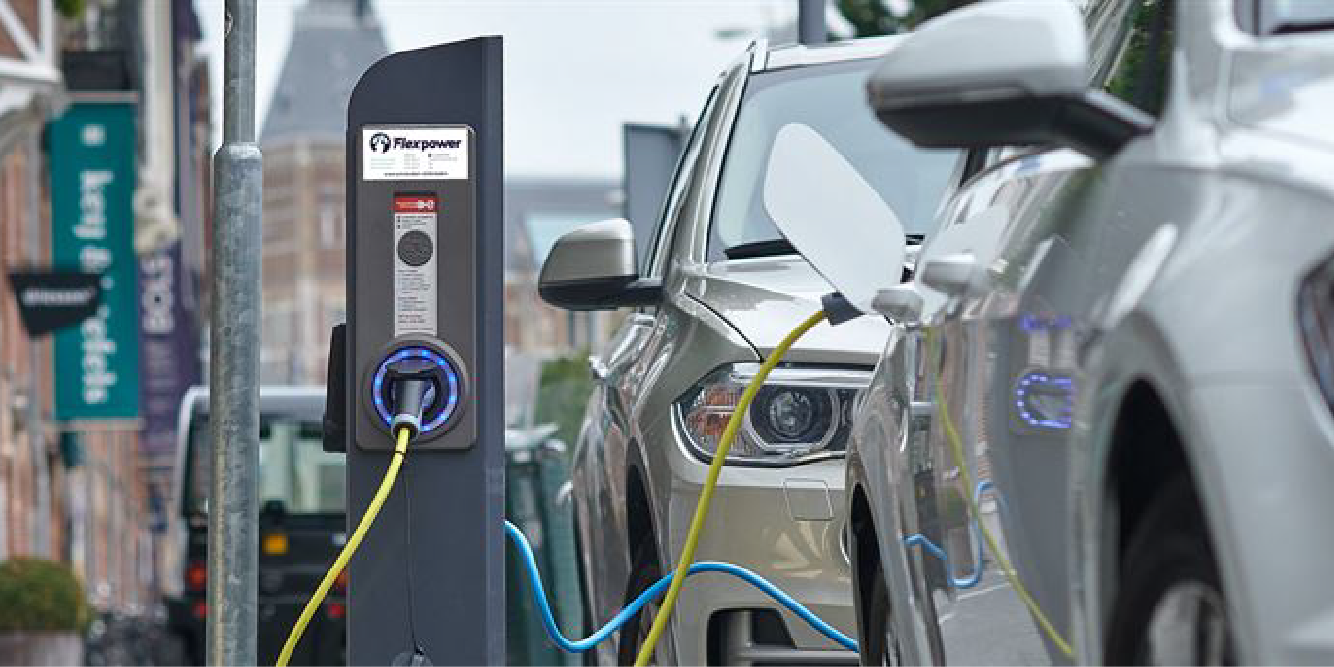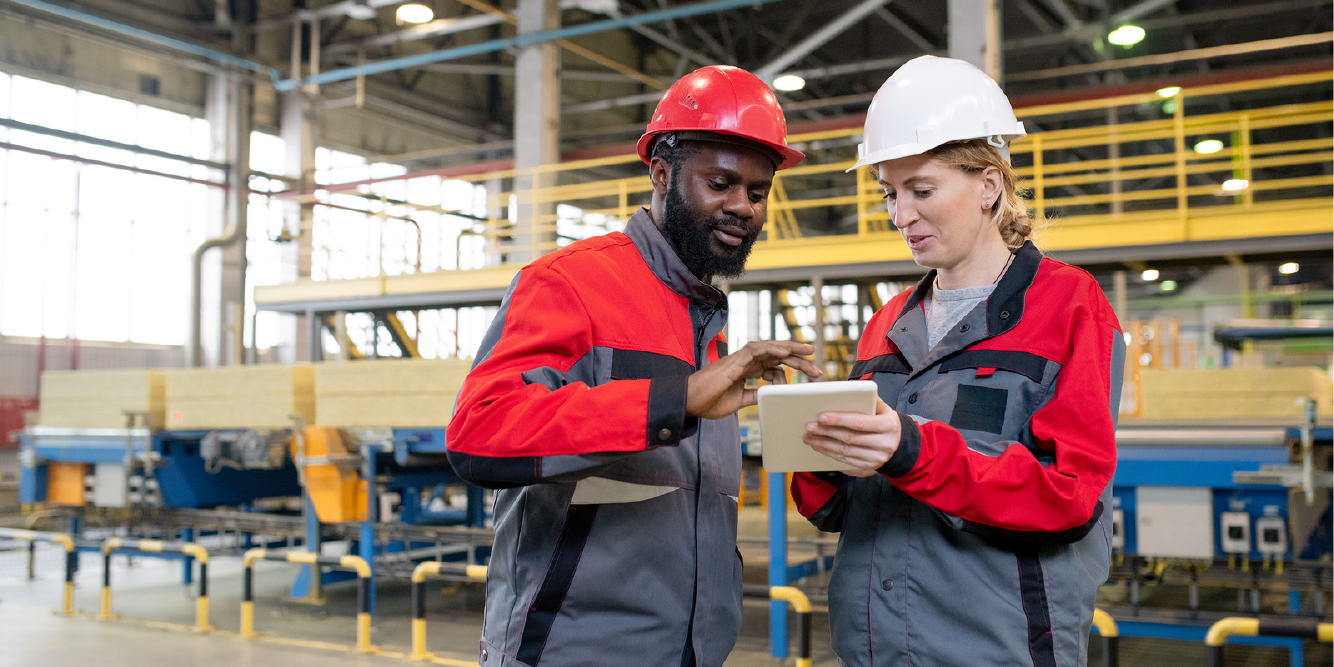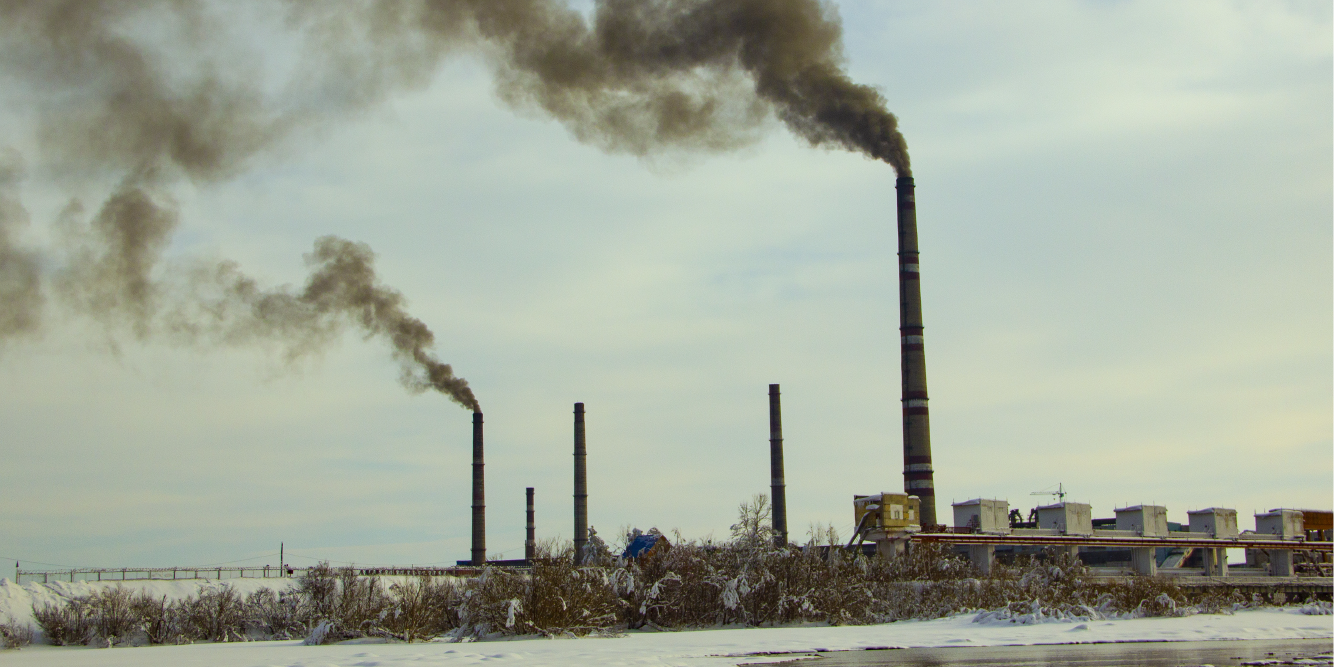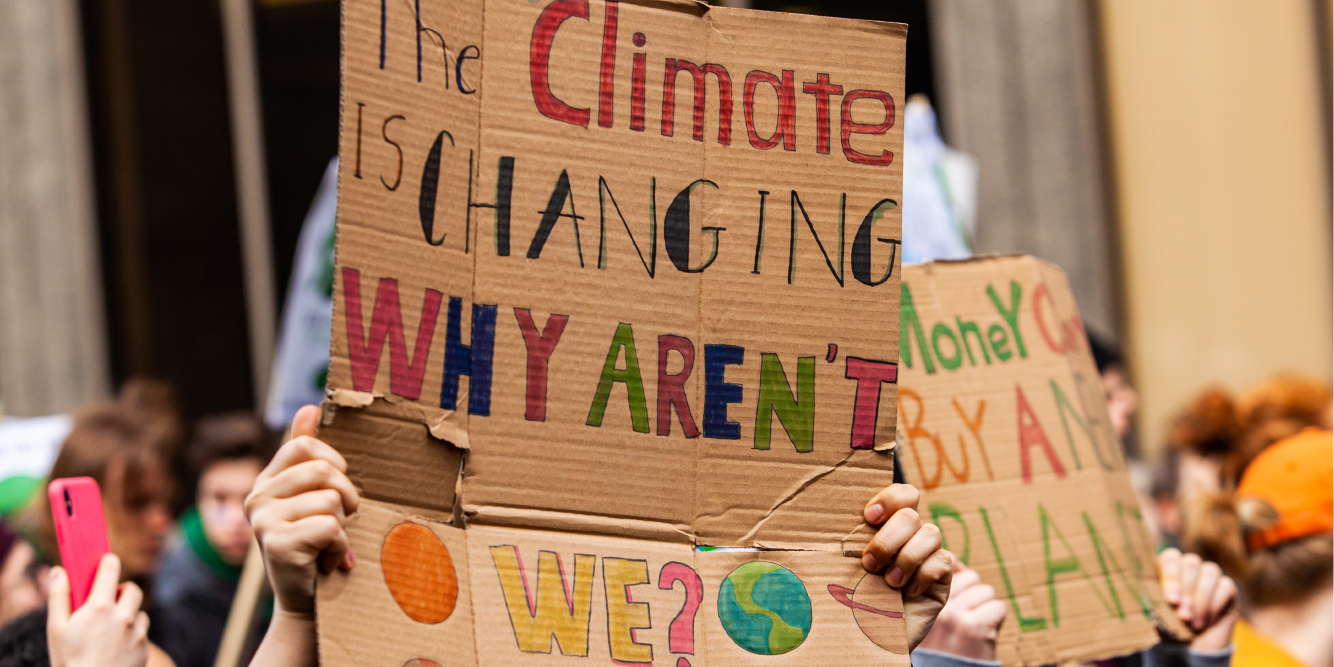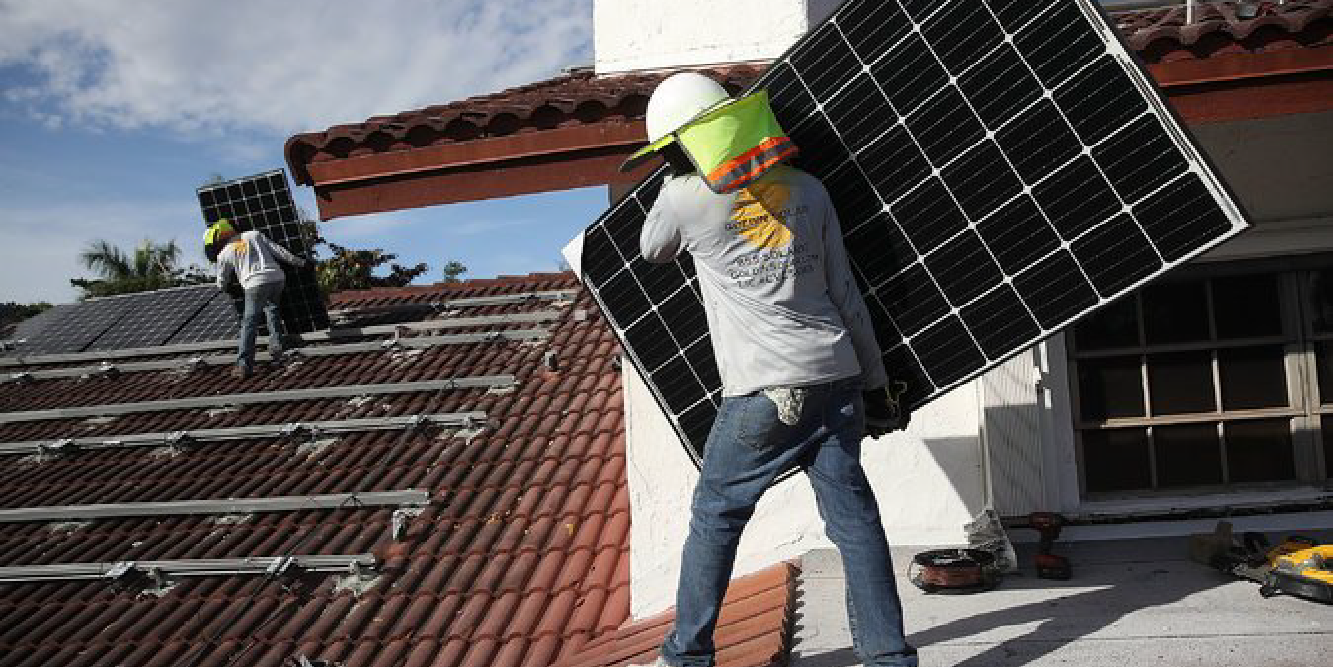Goals
- Manufacture more renewables, electric vehicles, public transit, and other goods essential to a clean energy economy.
- Make manufacturing clean, removing toxic materials and processes and greenhouse gas emissions—including in the renewables sector—and limit the need for mining.
- Ensure high-quality jobs that pay family-sustaining wages, that are safe for workers and do not expose workers to toxics, with equitable access to jobs, including in the renewable energy sector.
- Reduce manufacturing-related waste and extraction by expanding remanufacturing and reuse to encourage sustainable life cycle management as part of a “circular economy.”
Policies
- Measure and transparently report job creation, worker safety adherence, pollution reduction progress, and life cycle management—both for the goods produced and the supply chain.
- Limit the need for mining through increased recycling, right to repair, and longer product life, eliminating planned obsolescence.
- Invest massively in R&D and deployment for solutions to increase manufacturing energy efficiency; eliminate greenhouse gases, other pollutants, and waste from manufacturing; substitute materials; clean up pollution from legacy polluting manufacturing; and redevelop brownfields where appropriate.
- Ensure that government procurement supports clean, equitable, job-creating manufacturing.
- Require companies to clean up pollution from manufacturing and limit the need for mining.
- Create a clean-technology industrial bank (like a “green bank”) to deploy clean manufacturing for the clean energy economy (e.g., renewables, electric vehicles, public transit), with democratically determined local content and manufacturing requirements as appropriate for the clean economy of the future.
- Immediately sign and ratify the Kigali Amendment to the Montreal Protocol phasing out the use of hydrofluorocarbons (HFCs).
- Limit greenhouse gas emissions and toxic pollution from manufacturing, and phase out highly polluting manufactured materials.
- Enact policies that require all manufacturing jobs that benefit from the above investments and incentives to abide by high-road labor standards, with unions, frontline communities, and other impacted local populations taking the lead on developing these policies, such as prevailing wages, strict safety standards, and project labor agreements with unions.


